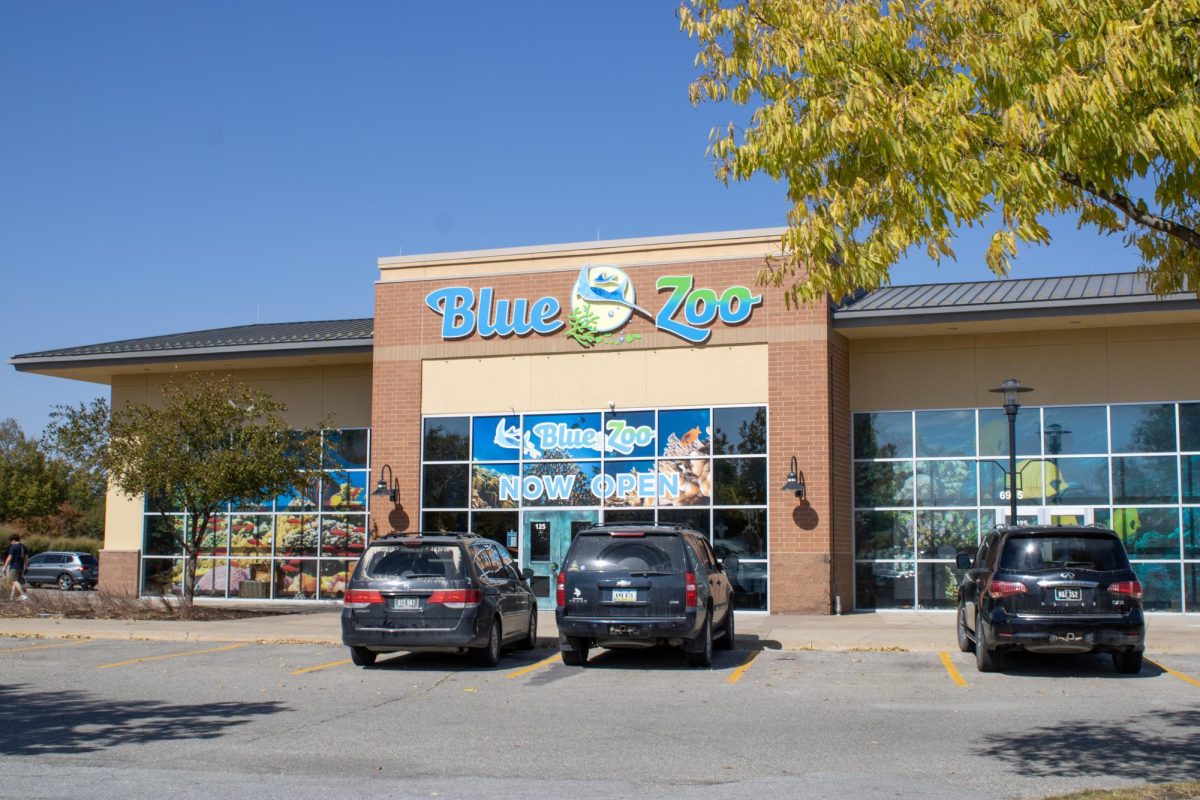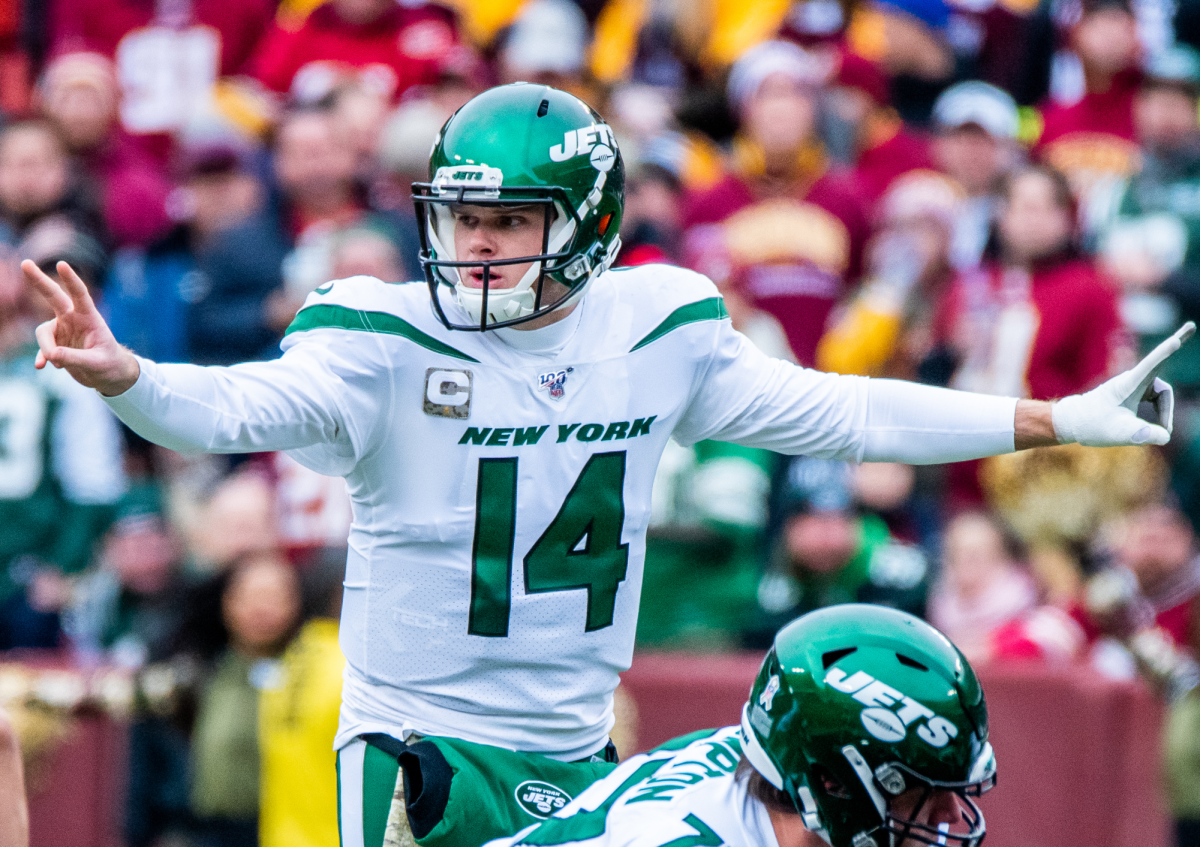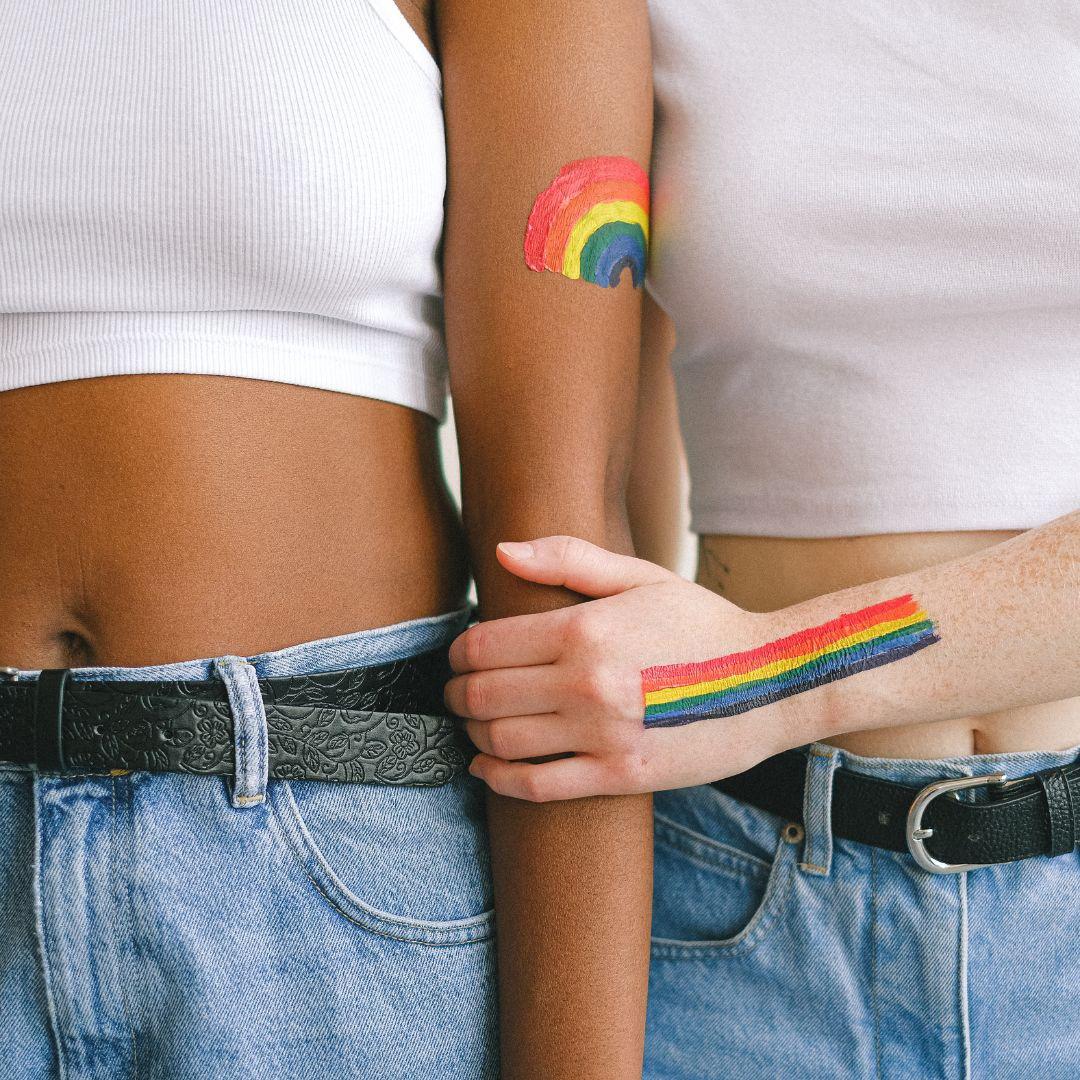BY PARKER KLYN
Why do I keep doing this to myself? Every year I pump myself up for the Grammys and everything that goes along with them. I make predictions for who will win the awards. I anxiously await the show’s unusual, innovative collaborative performances. And I let myself believe that the National Academy of the Recording Arts and Sciences might just pick deserving winners.
Alas, I’m always disappointed. The 2017 Grammys were yet another instance in a long tradition of picking the safest, whitest musicians to win the most prestigious awards in music. The performances were mostly bland, and I got most of my predictions right–showing how easy it is to guess what the Academy will choose to support.
The most egregious of these offenses was Adele’s victory in the Album of the Year category for her third album, “25.”
While Drake and Justin Bieber were undeserving nominations, and the great Sturgill Simpson admittedly had no chance, I held out hope that Beyoncé’s “Lemonade” might win.
But it’s the Grammys, and their collective obsession over every bit of boilerplate,whitewashed soul and chamber pop that Adele puts out helped push her to the top, yet again.
“25” wasn’t a bad album by any means. The lead single “Hello” is pretty great and I wouldn’t say that any of the record’s songs are bad, per se, but the fact remains that “25” completely lacks any instance of innovation.
On the contrary, “Lemonade” is one of the most powerful, political and personal contemporary pop albums of the last decade. Beyoncé’s exploration of celebrity–specifically as a black woman–and all the baggage that comes with it was innovative and challenging while keeping Beyoncé’s indelible charisma and penchant for making consistently great pop.
This album had Jamaican dancehall (“Hold Up”), brazen rock (“Don’t Hurt Yourself”), stunning balladry (“Pray You Catch Me,” “Sandcastles”) and even Creole country-jazz fusion (“Daddy Lessons”). “25” had chamber pop–and that’s it.
I wouldn’t be this fired up about Lemonade’s snub if this had been a one-time instance. But this marks five straight years of safe music by a white artist taking Album of the Year over innovative, prodigious releases by black musicians.
In 2013, folk-rock buffoons Mumford and Sons beat Frank Ocean. The following year, something similar happened; even though I love Daft Punk’s Random Access Memories, they beat what is essentially considered modern mainstream hip-hop’s opus in Kendrick Lamar’s “good kid, m.a.a.d city.” In 2015, the “who is Beck?” meme was birthed as he defeated Beyoncé and her self-titled pop masterpiece. And then last year, Taylor Swift’s pristine “1989” beat Lamar’s “To Pimp A Butterfly,” which is maybe the single greatest hip-hop album ever recorded.
If the Grammys want to maintain relevance, they need to really take a look at why they’re voting for who they vote for. I can’t name a single critic who had “25” as their 2016 album of the year, but I could list dozens who supported Beyoncé. Open your eyes, Grammys.
The offenses don’t stop there. I was fine with “Hello” winning Song of the Year, but for Record of the Year, Beyoncé’s “Formation” was the clear choice. No other pop star was willing to take a stand against police brutality last year and “Formation” was that statement.
Luckily, the Grammys got one of the four main awards right: Best New Artist. Chance The Rapper took home the award after rapping “I hear you gotta sell it to snatch the Grammy” on Kanye West’s “Ultralight Beam.” Through his campaigning, the Grammys will finally support independent artists and Chance was the biggest benefactor of the week.
While a few of the performances were unnecessary (are we going to see Pentatonix every year?) and many were completely forgettable (who remembers that Keith Urban and Carrie Underwood performance?), a select few stood out. Chance came through with tons of passion in performing a medley of “How Great” and “All We Got,” endearing himself to moms everywhere. Beyoncé looked like a goddess in her performance, although I thought her song selection was uninspired. Sturgill Simpson was great on the big stage and Bruno Mars’ Prince tribute was tasteful and exhilarating.
But the moment that gave me the best glimpse into what the Grammys can be was for A Tribe Called Quest. All the little features, from Anderson.Paak’s singing and drumming to the immense respect paid to the late Phife Dawg, to Busta Rhymes coming out and referring to President Donald Trump as President Agent Orange. Nobody had more fun than Q-Tip and company, and I had a huge smile on my face the entire time. I think it was so great because it exposed what a great Grammys performance should be: an exhibition of artist’s passion for their craft.
I just wish that the Academy’s voters would show us that they have that same passion by supporting innovation over stagnation; maybe then we’d have Grammys worth paying attention to.





